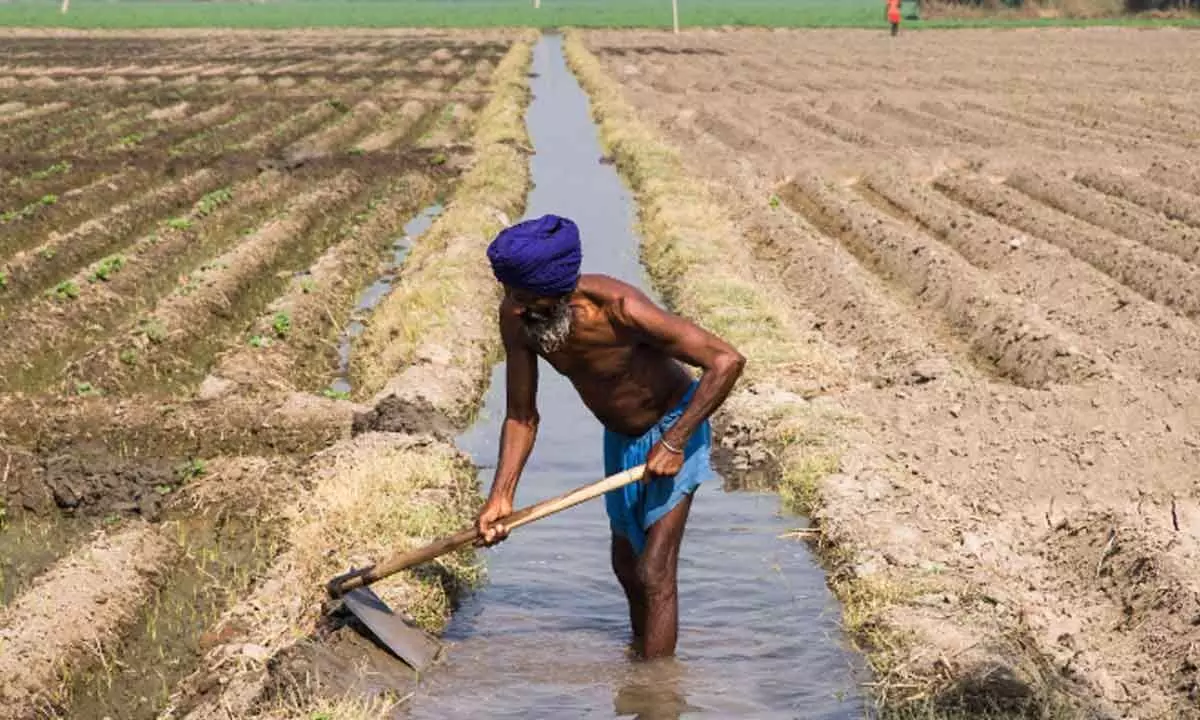Live
- WhatsApp Update: WhatsApp Rolls Out Group Mentions in Status Updates
- Chandrababu Advocates for Balanced Governance and Development in Andhra Pradesh
- Our 6 free services in Delhi pinching rivals: Kejriwal at 'Revadi par Charcha' campaign
- Abu Dhabi T10: Jos Buttler shines in debut, lauds England batters after memorable performances
- BCCI releases dates for IPL 2025 to 2027
- Centre releases Rs 448 crore as grant for rural local bodies in Karnataka
- India and Japan bolster defence ties, explore air domain cooperation
- Masik Shivratri 2024: Date, Time, Rituals, and Significance
- 8 of 10 Indian stockbrokers to increase IT budgets for emerging tech adoption
- Utpanna Ekadashi 2024: Date, Rituals, and Significance









